A famous architect once said that “Architecture is for those who love the world and have something to say about it”. Well, if you love the world you cannot resist exploring it, and the more you explore it the more you can say things about it, hence, be an architect… But the important thing is, that by being a world explorer you get experience from experiences, and gain essential skills that supplement what you learn at school and in the office.
Develop sensitivity and attention to details
Extensive traveling sharpens your senses, enhances your ability to absorb information and pay attention to details. These skills help architects and planners to better understand the environment and site they work on, and later suggest detailed solutions that correspond to the various aspects of the site.
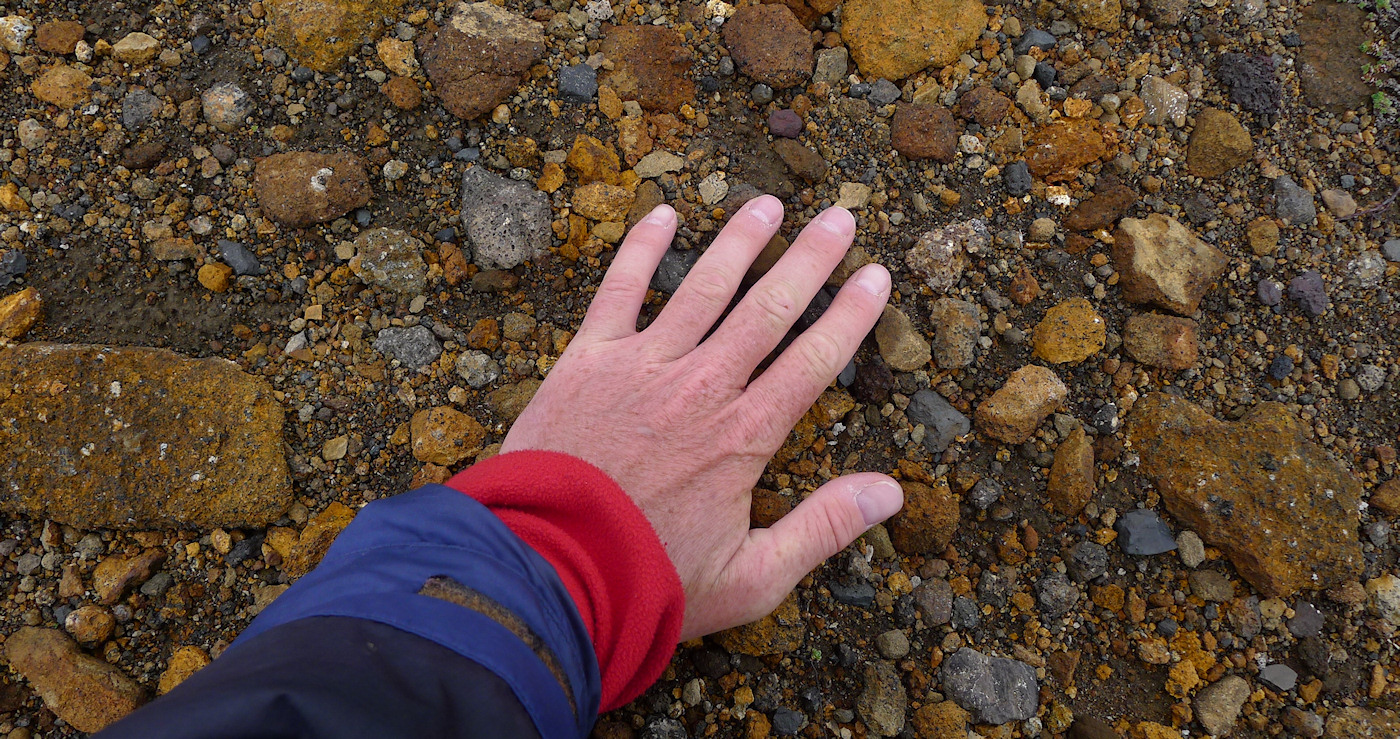
Get a real feel for spaces – outdoors and indoors
One of the main skills that architects and planners develop is the sense for space. Understanding dimensions, proportions and elements composition for a room, a house, a building, a street, a block… is something that takes time to develop. Traveling is a continuous encounter with a variety of new places. Outdoors and indoors. Travelers, without noticing, gradually develop the sense that tells how does a certain space feel – whether it is too big or too wide or in “human scale”, if proportions are reasonable and composition is intriguing. The accumulating space experience is stored somewhere in the brain. For architects and city planners this is a fabulous way to gain this capability, much more effective than browsing through websites or analyzing printed plans and sections.
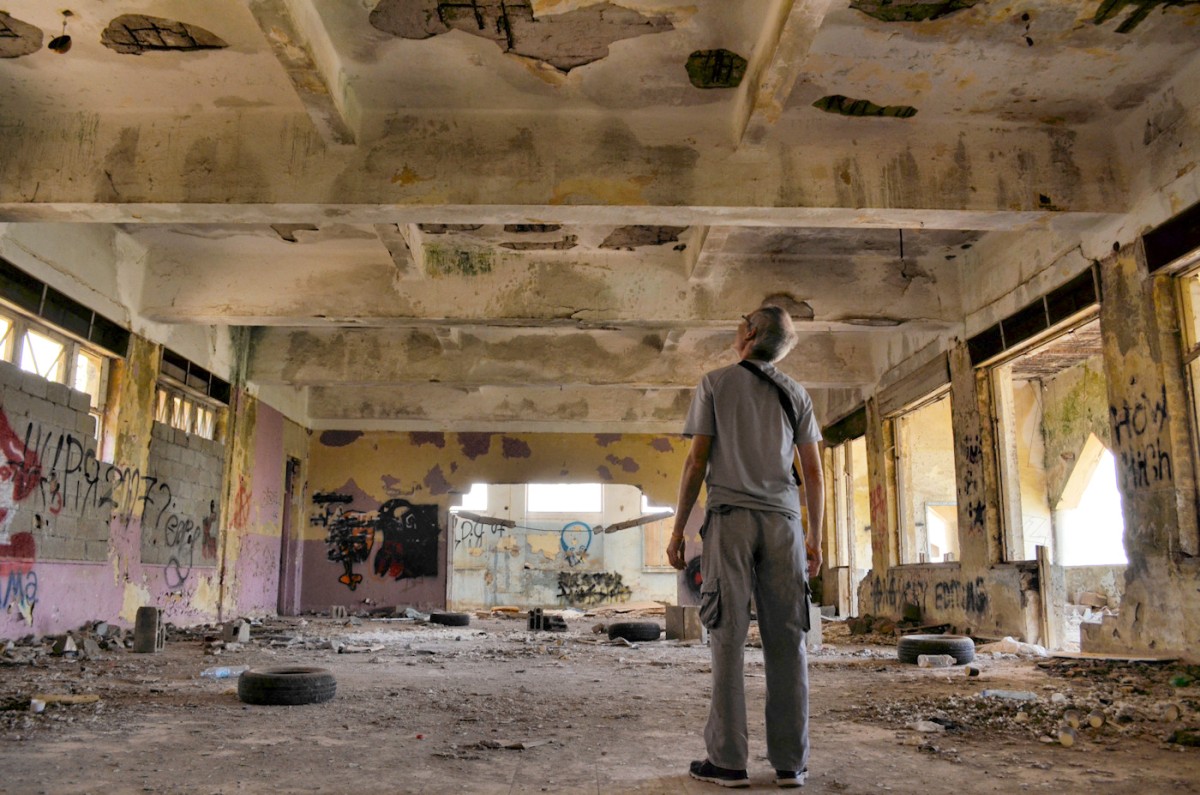
Observe quickly – the visitor point of view
Familiar environments make people less aware to things around them, as they are gradually getting used to elements and situations. But arriving to a new place, you immediately pay attention to things – unusual to the place or to what you are used to, good or bad. Thus, you quickly spot new aspects about places and add important references and ideas to your knowledge.

Learn communication skills
Extensive backpacking brings you together with people. Engaging with other travelers as well as locals improves your communication skills. You ask questions about people and their way of life, learn about their habits, traditions and wills. This skill is highly important when you aim at providing the best solutions for the people you design and plan for.

Utilize space and services extensively
As a traveler and backpacker you make extensive use of various spaces and services, both public and private. Utilizing public infrastructure and services is highly important to gain actual experience of how these systems function – sidewalks, streets, parks and open spaces, and various public transportation means – key factors in modern settlements. In addition, as more and more private ventures affect places and daily routine, experiencing private spaces and services is vital as well – taking a rest in a privately owned public space, visiting various venues, and using services like Uber and Airbnb.
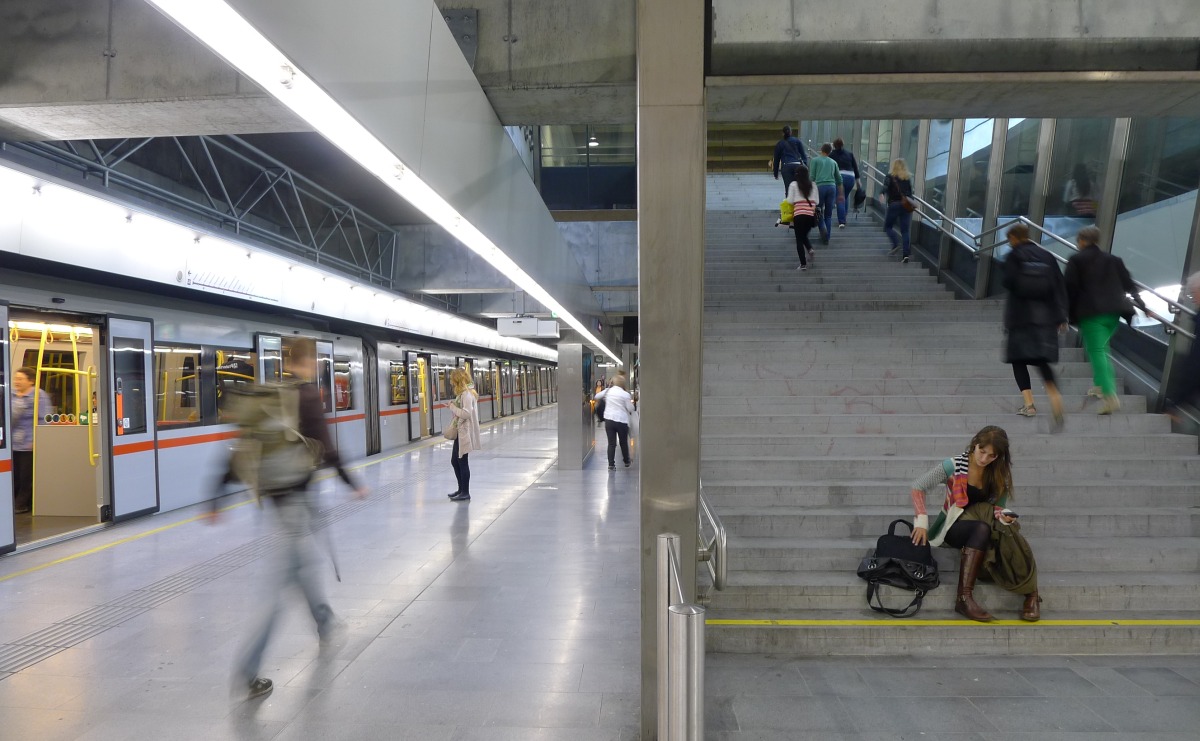
Obtain a world wide perspective
The architectural discourse is Eurocentric. Ideas are mainly spread and implemented by North American and European architects and planners according to books and papers written by North American and European professors. Exploring the world reveals the rich architectural heritage of numerous cultures across America, Africa, the Middle East, the Indian Subcontinent, Asia and Oceania. Furthermore, currently the main growth of cities and the largest mega cities are located in these regions. An unmediated understanding of the characteristics of these places and learning from their experience is a must for current architects and planners.
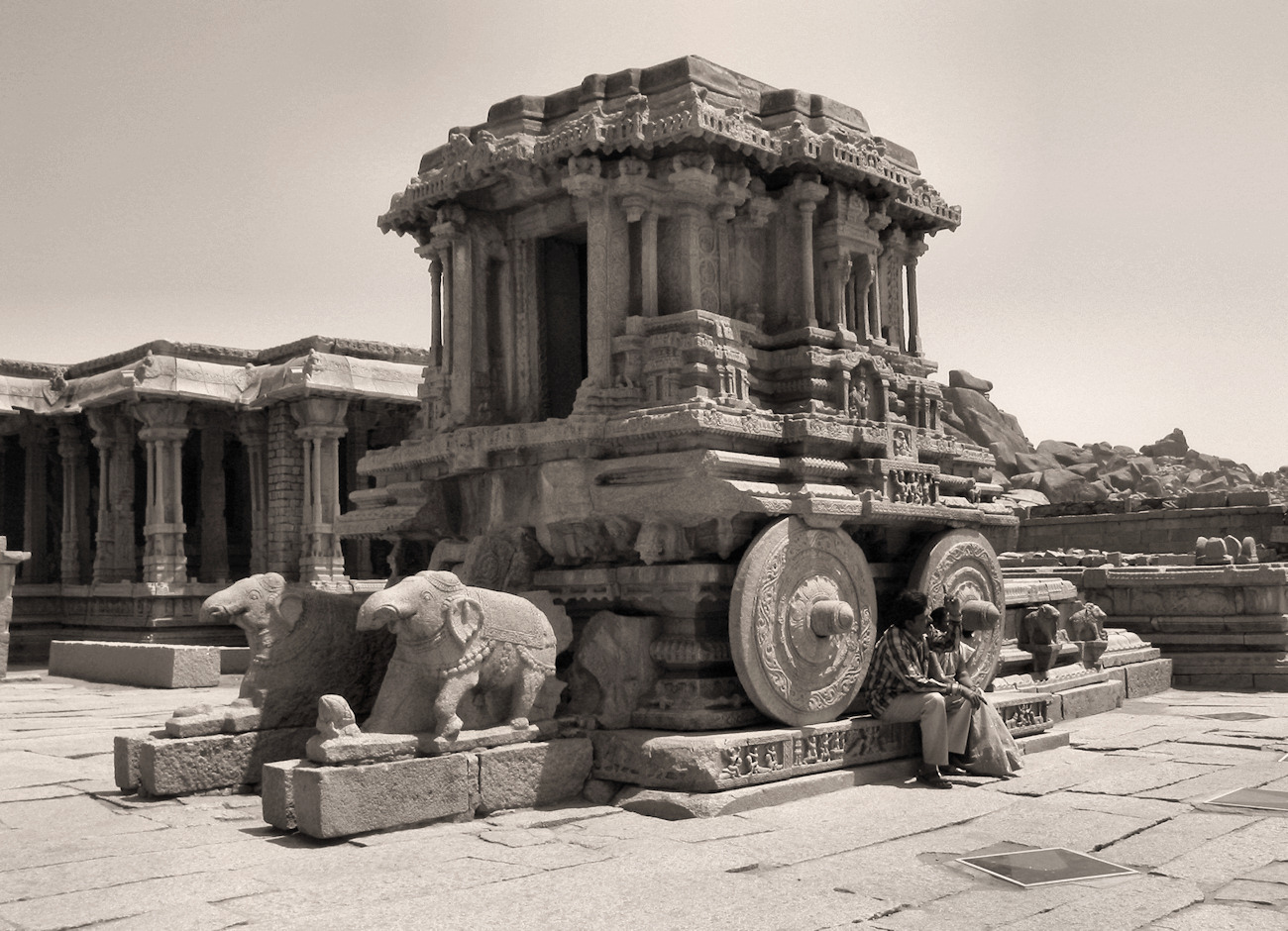
Study vernacular practices
Extensive traveling takes you to remote places and communities, often maintaining unique traditional way of life. This includes local, vernacular architecture. Although mainly functional in its nature, vernacular architecture is often highly sophisticated in terms of aesthetics, use of materials and engineering solutions, thus a startling inspiration source. In addition, knowing that these structures were built by ordinary people who have no academic architecture background, makes you humble and respectful for people, places and the environment.
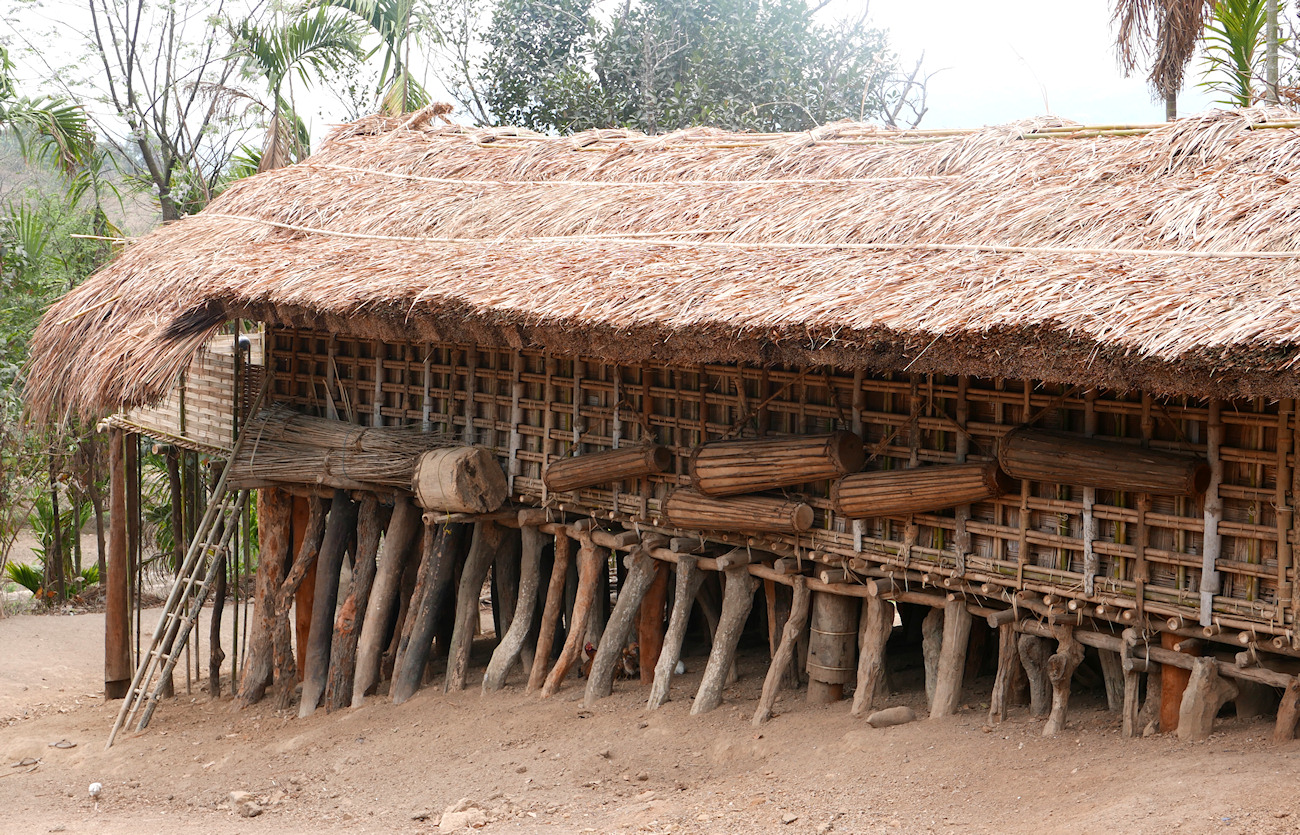
One Response
Anushka Kantak, Los Angeles
Dear Guy,
I have gone through your blog extensively and it is one of the most informative websites and inspires me greatly as an architecture student!
Anushka Kantak